The Stoic principle of oikeiosis: From individual self-interest to universal love
The concept of oikeiosis is a cornerstone of Stoic philosophy, offering a profound framework for understanding ethical behavior and the development of universal moral obligations. Rooted in the teachings of Zeno of Citium, the founder of Stoicism, oikeiosis describes a process by which individuals come to recognize their intrinsic connections to others, transforming self-interest into a commitment to the well-being of all. While often celebrated as a hallmark of Christian ethics, the sentiment expressed in Jesus’ maxim, “Love your neighbor as yourself” (Mark 12:31; Matthew 22:39), bears striking similarities to this Stoic principle. Exploring these parallels provides valuable insight into ancient ethical traditions and their overlapping visions of moral universalism.

“An interconnected network representing Zeno’s concept of Oikeiosis”, interpreted by DALL•E.
Oikeiosis as a foundation of Stoic ethics
The concept of oikeiosis is central to Stoic philosophy. It is derived from the Greek word oikos (household) and broadly means “appropriation” or “affiliation”. For the Stoics, oikeiosis describes a natural process by which individuals come to recognize and embrace their intrinsic connections to others. It begins with a self-oriented instinct for survival, observable even in animals, as they seek to preserve their own well-being. Over time, this instinct evolves into a rational recognition of the interconnectedness of all human beings, culminating in the extension of care and moral consideration to others.
Zeno of Citium, in the early third century BCE, laid the groundwork for this principle, which was further developed by later Stoics, including Chrysippus, Epictetus, and Marcus Aurelius. They emphasized that the cultivation of reason leads to an understanding of one’s place within a universal community (cosmopolis). This realization fosters an ethical imperative to act justly and compassionately toward others, as all humans share a common rational nature and are part of the same moral order.
Hierokles’ theory of oikeiosis
Hierokles, a Stoic philosopher active in the early second century CE, offers one of the most detailed accounts of oikeiosis in his Elements of Ethics (Stoicheiosis Ethike). He begins his explanation by describing the early development of animals, emphasizing the role of perception in the formation of self-awareness. The initial stage of perception, according to Hierokles, allows an animal to recognize its body and sensations as belonging to itself. This awareness is referred to as the proton oikeion, or “first own and familiar”. It constitutes a continuous, self-referential consciousness that is deeply dependent on the perception of external objects.
Hierokles suggests that this proton oikeion underpins the instinct for self-preservation. He argues that as an animal first becomes aware of itself, it immediately becomes familiar with and attached to its own being. This attachment is the foundation of self-worth and the drive for well-being, forming the basis of all subsequent ethical behavior.
Hierokles distinguishes between internal and external forms of oikeiosis. Internal oikeiosis includes the appropriation of one’s own constitution and self-awareness, while external oikeiosis extends to relationships with others and the pursuit of external goods. This dual framework illustrates the progression from an innate concern for oneself to a broader ethical orientation toward others.
Oikeiosis as the foundation of ethical action
For Hierokles, oikeiosis provides the philosophical basis for his theory of “appropriate actions” (kathêkonta), which are actions aligned with nature. Animals, through their instinctual drive for self-preservation, naturally extend their care outward, projecting it toward others, such as their offspring. This natural tendency is interpreted by the Stoics as a duty, as Cicero later summarized: “All duties derive from the principles of nature.”
In his work On Appropriate Actions, fragments of which survive, Hierokles develops this ethical framework further by introducing the metaphor of concentric circles. At the center of these circles lies the self, followed by the immediate family, and then progressively larger groups, such as one’s community, ethnicity, and ultimately all of humanity. The strength of one’s moral obligations, Hierokles argues, correlates with the proximity of these circles to the center.
Hierokles also highlights an ethical imperative to “contract the circles,” reducing the perceived distance between oneself and others. This contraction fosters greater familiarity with and care for humanity as a whole, even as one retains the strongest affinity for those closest to the center. This vision of moral responsibility, grounded in the principle of oikeiosis, provides a powerful foundation for universal ethical obligations, aligning individual self-interest with the well-being of the broader human community.
Hierokles’ emphasis on the natural progression from self-concern to universal care resonates deeply with other Stoic teachings and serves as a profound articulation of Stoic moral universalism. It also lays the groundwork for meaningful comparisons with later ethical systems, such as the teachings attributed to Jesus, which similarly emphasize expanding moral concern beyond immediate relationships to encompass all of humanity.
Parallels between oikeiosis and the Jesus teaching
The New Testament records Jesus summarizing the ethical core of his teachings in two commandments: to love YHWH (God) and to “love your neighbor as yourself” (Mark 12:30-31). This latter commandment, drawn from Leviticus 19:18, emphasizes empathy and moral reciprocity, urging individuals to treat others with the same care and concern they afford themselves.
This idea resonates strongly with the Stoic conception of oikeiosis. Both ethical frameworks prioritize the extension of moral concern beyond the self. In oikeiosis, this process is gradual and rational, beginning with self-preservation and expanding outward to include family, friends, and eventually all of humanity. Jesus’ teaching, though more immediate and emotive in its language, also calls for a universal application of empathy and love.
Moreover, the Stoic vision of a universal community aligns closely with Jesus’ rejection of tribalism and his embrace of all individuals, regardless of their social or ethnic background. The parable of the Good Samaritan (Luke 10:25-37), for example, exemplifies this inclusivity by portraying an outsider — a Samaritan, considered an enemy by many Jews of the time — as the true embodiment of neighborly love. Similarly, the Stoics emphasized that moral obligations transcend familial, cultural, and national boundaries, extending to all members of humanity.
While Stoicism builds this ethical universalism on a foundation of reason and natural law, Jesus’ teachings often evoke divine authority as the basis for love and moral behavior. However, the practical outcome in both systems is strikingly similar: a call to treat others with dignity, compassion, and fairness, not because of their proximity or utility but because of their shared humanity.
Key differences in motivation and framework
Despite these similarities, notable differences exist in the motivations and frameworks underpinning oikeiosis and Jesus’ teaching. The Stoics grounded their ethics in the logos, the rational principle that governs the universe. For them, living virtuously meant aligning one’s actions with this rational order. Oikeiosis is thus a process of rational development, culminating in the recognition of one’s role within the universal community. Love for others is not merely an emotional response but a logical extension of one’s understanding of the interconnectedness of all beings.
In contrast, Jesus’ ethical framework is rooted in a relational understanding of YHWH and humanity. His command to “love your neighbor as yourself” is presented as a divine imperative, grounded in the relationship between YHWH and human beings as Creator and creation. The love Jesus advocates is not merely rational but deeply personal, often framed in emotional and sacrificial terms. For instance, his teaching to “love your enemies and pray for those who persecute you” (Matthew 5:44) challenges natural inclinations and is framed as an imitation of YHWH’s unconditional love.
Historical context and influence
The apparent parallels between Stoic ethics and Jesus’ teachings invite questions about historical influence. By the time of Jesus’ ministry in the first century CE, Stoic philosophy had been well established for several centuries and was influential in the Hellenistic and Roman worlds. Jewish communities in the Mediterranean, including those in Palestine, were exposed to Hellenistic ideas, and some degree of cross-pollination between Greek and Jewish ethical thought is likely.
For example, Philo of Alexandria (c. 20 BCE–50 CE), a Hellenistic Jewish philosopher, integrated Stoic and Platonic concepts into his interpretations of Jewish scripture. It is possible that such philosophical syncretism indirectly shaped the intellectual and cultural environment in which Jesus’ teachings emerged. However, direct evidence linking Jesus’ ethical principles to Stoicism remains elusive. Instead, it is more likely that both traditions drew from a broader wellspring of ancient moral thought, including shared ideas about justice, empathy, and the moral responsibilities of individuals within a community.
A shared vision of moral universalism
Despite their differing foundations, both oikeiosis and Jesus’ teachings articulate a vision of moral universalism that transcends self-interest and immediate social ties. This universalism remains relevant today, as it challenges the boundaries of tribalism and nationalism and calls for an ethic of care and solidarity with all humanity. Both the Stoic and Christian traditions have left an enduring legacy in shaping Western ethical thought, and their overlapping principles continue to inspire dialogue about the nature of moral responsibility and the shared human condition.
Conclusion
The exploration of oikeiosis reveals that the principle of extending care and moral obligation from oneself to the broader human community is a deeply rooted idea in ancient philosophy, particularly within Stoicism. Hierokles’ concentric circles and the Stoic emphasis on rationality and universal reason provided a sophisticated framework for understanding the progression from self-preservation to universal love.
The parallels between Stoic ethics and the teachings attributed to Jesus further highlight that the concept of universal compassion and moral universalism was not an invention unique to [Christianity](/weekend_stories/told/2025/2025-01-10-christianity_introduction/. Whether or not Jesus’ teachings were directly influenced by this specific Stoic idea — and given that Christianity was significantly influenced by Stoic concepts, it is unlikely that the authors of the Gospels or the well-educated Paul would have been unaware of it — the underlying principles of empathy, justice, and care for all were already present in the intellectual traditions of the ancient world. This debunks any claim that Christianity introduced these ideals into a world devoid of such ethical concepts.
References
- Hellmut Flashar, Klaus Döring, Michael Erler, Die Philosophie der Antike. Bd. 1. Frühgriechische Philosophie, 2013, Schwabe, Aus der Reihe: Grundriss der Geschichte der Philosophie, ISBN: 9783796525988
- Klaus Döring, Michael Erler, Die Philosophie der Antike. Bd. 2/1. Sophistik, Sokrates, Sokratik, Mathematik, Medizin, 1998, Schwabe, Aus der Reihe: Grundriss der Geschichte der Philosophie, ISBN: 9783796510366
- Michael Erler, Die Philosophie der Antike. Bd. 2/2. Platon, 2007, Schwabe, Aus der Reihe: Grundriss der Geschichte der Philosophie, ISBN: 978-3-7965-2237-6
- Hellmut Flashar, Die Philosophie der Antike. Bd. 3. Ältere Akademie, Aristoteles, Peripatos, 2004, Schwabe, Aus der Reihe: Grundriss der Geschichte der Philosophie, ISBN: 978-3-7965-1998-7
- Hellmut Flashar, Michael Erler, Günter Gawlick, Woldemar Görler, Peter Steinmetz, Die Philosophie der Antike. Bd.4. Die hellenistische Philosophie, 1994, Schwabe, Aus der Reihe: Grundriss der Geschichte der Philosophie, ISBN: 9783796509308
- Christoph Riedweg, Christoph Horn, Die Philosophie der Antike. Bd. 5. Die Philosophie der Kaiserzeit und der Spätantike, 2018, Schwabe, Aus der Reihe: Grundriss der Geschichte der Philosophie, ISBN: 9783796526299
- Alexander Brungs, Georgi Kapriev, Vilem Mudroch, Die Philosophie des Mittelalters. Bd. 1. Byzanz. Judentum, 2019, Schwabe Verlagsgruppe, ISBN: 9783796526237
- John Marenbon, Die Philosophie des Mittelalters. Bd. 2. 11. Jahrhundert, 2025, Schwabe Verlag, ISBN: 9783796526251
- Laurent Cesalli, Ruedi Imbach, Alain de Libera, Thomas Ricklin, Die Philosophie des Mittelalters. Bd. 3. 12. Jahrhundert, 2021, Schwabe Verlag, ISBN: 9783796526251
- Alexander Brungs, Vilem Mudroch, Peter Schulthess, Die Philosophie des Mittelalters. Bd. 4. 13. Jahrhundert, 2017, Schwabe, ISBN: 9783796526268
- Klaus Held, Heraklit, Parmenides und der Anfang von Philosophie und Wissenschaft - Eine phänomenologische Besinnung, 1980, de Gruyter, ISBN: 9783110079623
- Burkert, W., Greek religion: Archaic and classical, 2008, Blackwell, ISBN: 978-0631156246
- Lloyd, G. E. R., Early Greek science: Thales to Aristotle, 1974, W. W. Norton & Company, ISBN: 978-0393005837
- Kenny, A., A new history of Western philosophy, 2010, Oxford University Press, ISBN: 978-0199589883
- Jonas, H., The Gnostic religion: The message of the alien God and the beginnings of Christianity, 2001, Beacon Press, ISBN: 978-0807058015
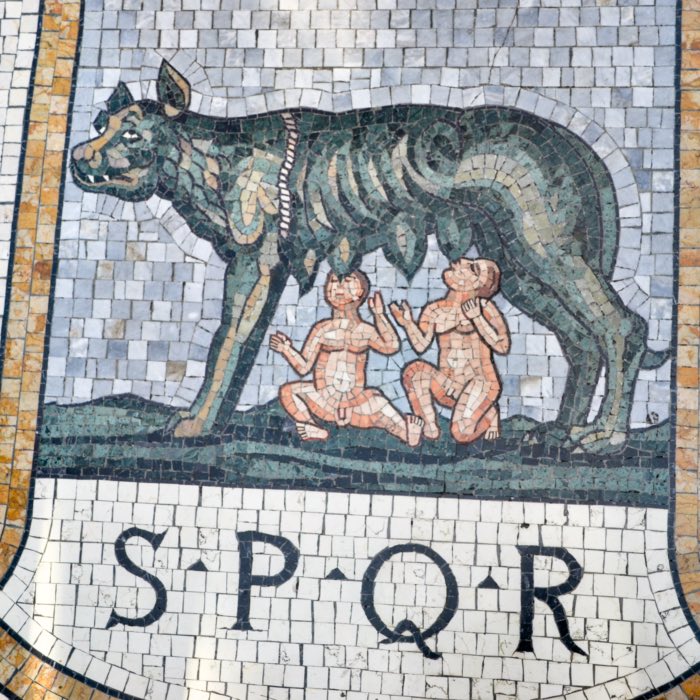




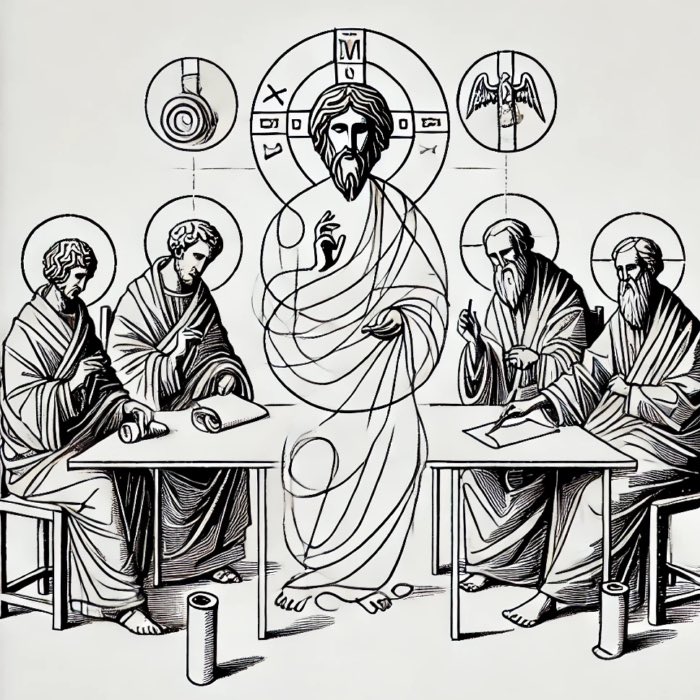
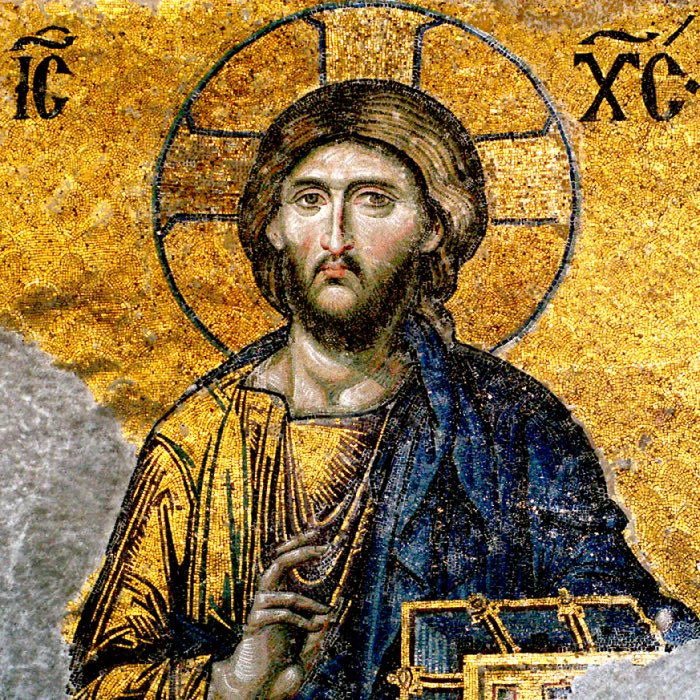
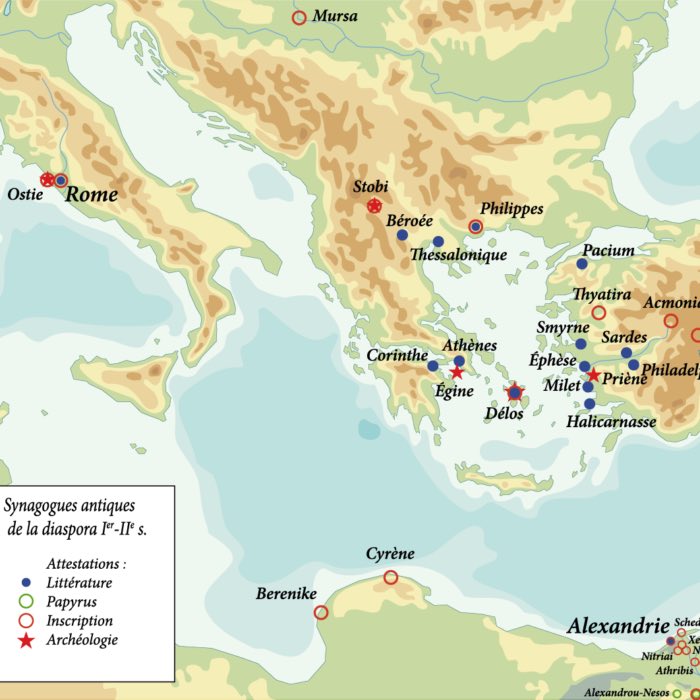
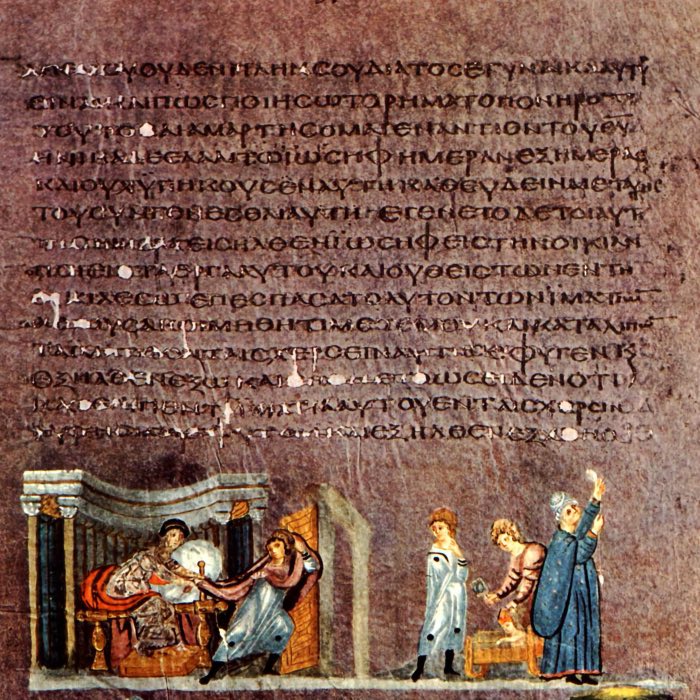
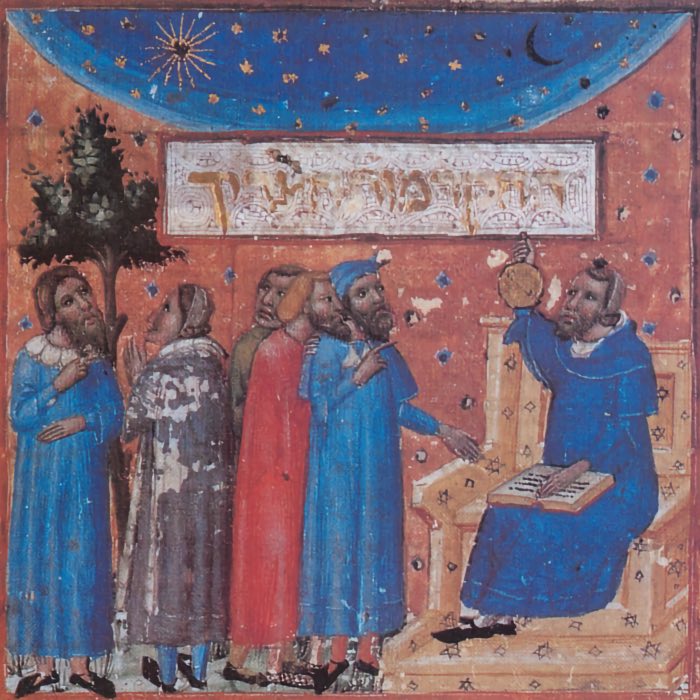

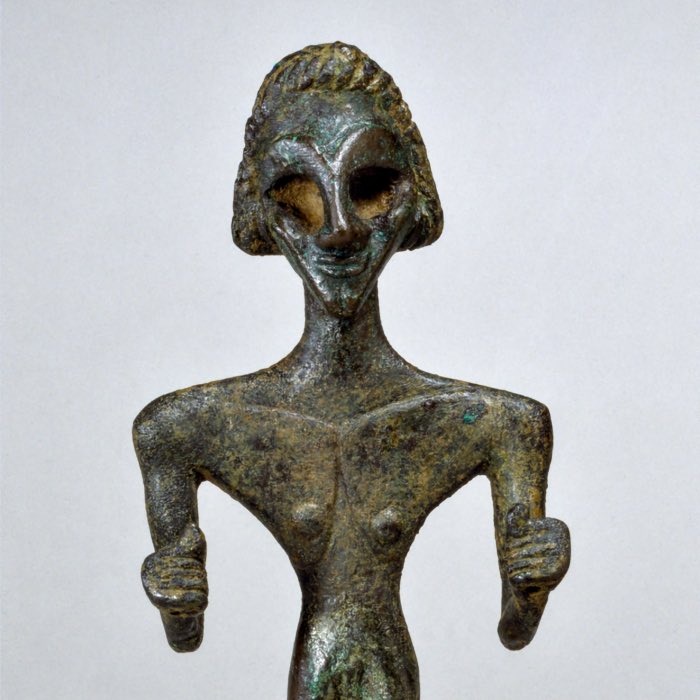
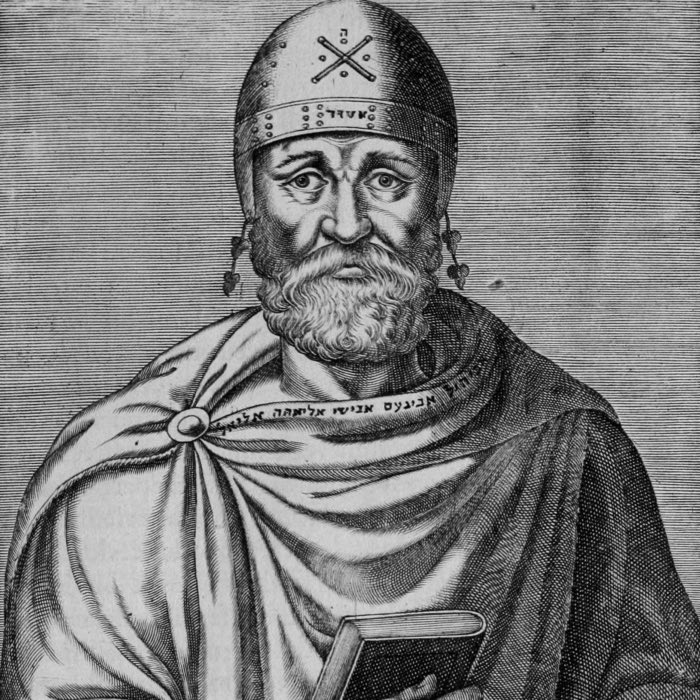

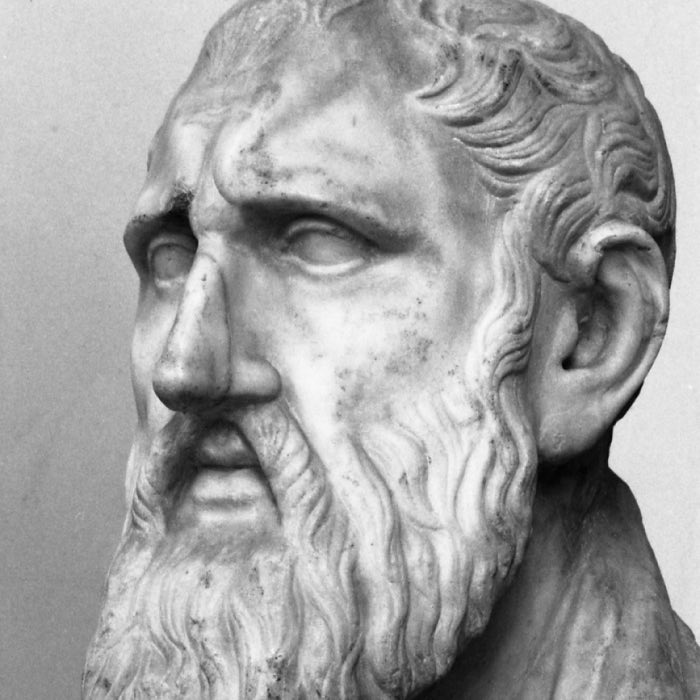
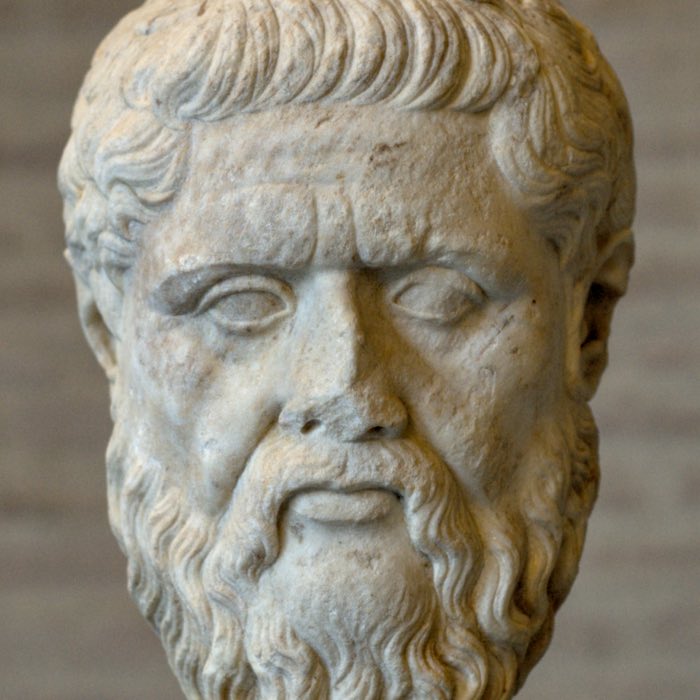
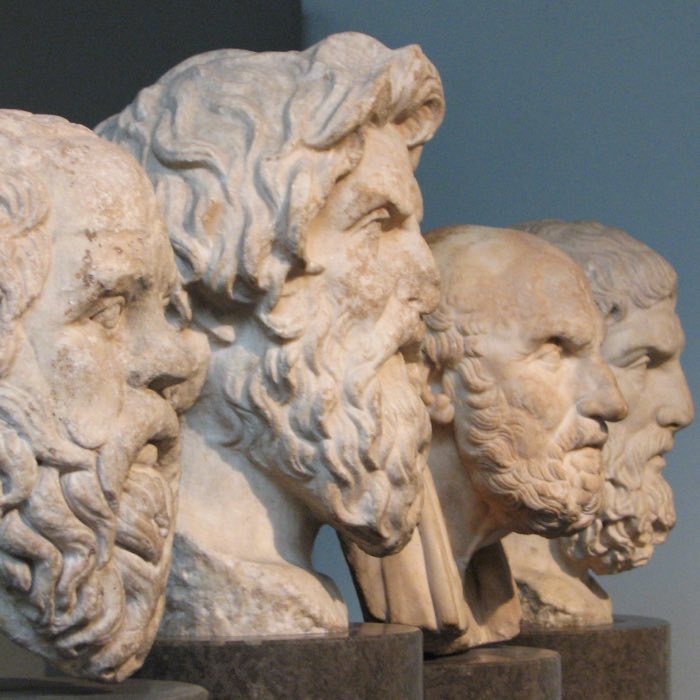








comments